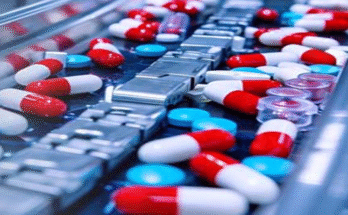WATERLOO: A new study by scientists at the University of Waterloo has found that consuming potassium-rich foods like bananas and broccoli may be more effective in lowering high blood pressure than simply reducing salt intake.
The research, led by Dr. Anita Layton and PhD candidate Melissa Stadt, emphasizes the importance of the balance between dietary potassium and sodium. According to the findings, increasing the ratio of potassium to sodium in one’s diet could be a more powerful approach to managing hypertension, a condition that affects over 30% of adults worldwide.
“Traditionally, people with high blood pressure are told to cut back on salt,” said Dr. Layton, who holds the Canada 150 Research Chair in Mathematical Biology and Medicine. “Our study suggests that a better strategy might be to eat more potassium-rich foods like bananas or broccoli.”
Potassium and sodium are both crucial electrolytes that play a role in nerve signaling, muscle contraction, and maintaining fluid balance. However, modern Western diets tend to be heavy on sodium and low on potassium — a reversal of early human diets, which may explain the prevalence of hypertension in industrialized societies.
The researchers developed a mathematical model to understand how the potassium-sodium ratio influences blood pressure. Their simulations also revealed notable sex differences: men are generally more prone to developing high blood pressure but also respond more strongly to dietary potassium increases than pre-menopausal women.
“Models like ours allow us to explore how diet affects the body in a way that is efficient, cost-effective, and ethical,” said Stadt, lead author of the study. “This could open the door to better personalized dietary recommendations for blood pressure management.”
The findings underline the potential health benefits of making simple dietary shifts — suggesting that adding more bananas to your diet might be just as important, if not more, than putting down the salt shaker.




